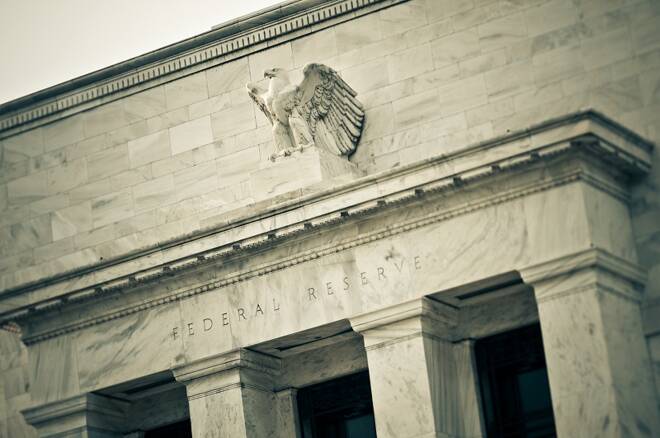Advertisement
Advertisement
The Fed May Be not Enough
Updated: Feb 4, 2019, 13:12 GMT+00:00
The American dollar came under pressure because of the willingness of the Fed to be patient in assessing the situation.
This was regarded as a signal of readiness not only to take a pause in rate increases but also to complete the policy tightening cycle. As a result, the demand for risks spiked sharply: global markets have returned to growth and are updating their monthly highs. The Fed’s dovish stance directly damages the dollar, forcing participants to overestimate interest rate prospects.
In the near future, the reaction, triggered by the Fed, is capable to develop a trend for the dollar decline. However, one should not lose sight of the fact that the softness of central banks over the past month (not only the Fed but also the ECB, the People’s Bank of China, etc.) is associated with anxiety about the global growth prospects.
Most often it turns out that markets calm is temporary, and the situation continues to deteriorate, as the “wait and see” approach, which the Fed adheres to, does not correct the situation by itself.
In the previous period of the global economy sharp slowdown, the Fed dragged out a pause with increases for a year, but it is important that the ECB and the Bank of Japan increased their QE. And now they are waiting for the moment to start tightening policy.
At the moment market participants should concentrate on economic data. Relatively strong labor market performance contrasts with the sharp deterioration in consumer sentiment and the cooling of the housing market. That is why today’s data on consumer income and spending in the United States are of higher importance, and Friday’s labor market statistics may have a greater impact than before. We should be prepared for the fact that the indicators deterioration may return to the focus of markets and reduce the wave of demand for risks, triggered by a soft tone of the Fed the day before.
This article was written by FxPro
About the Author
Alexander Kuptsikevichcontributor
Alexander is engaged in the analysis of the currency market, the world economy, gold and oil for more than 10 years. He gives commentaries to leading socio-political and economic magazines, gives interviews for radio and television, and publishes his own researches.
Advertisement
